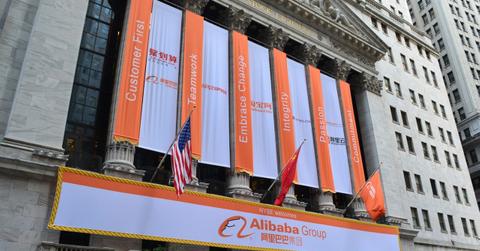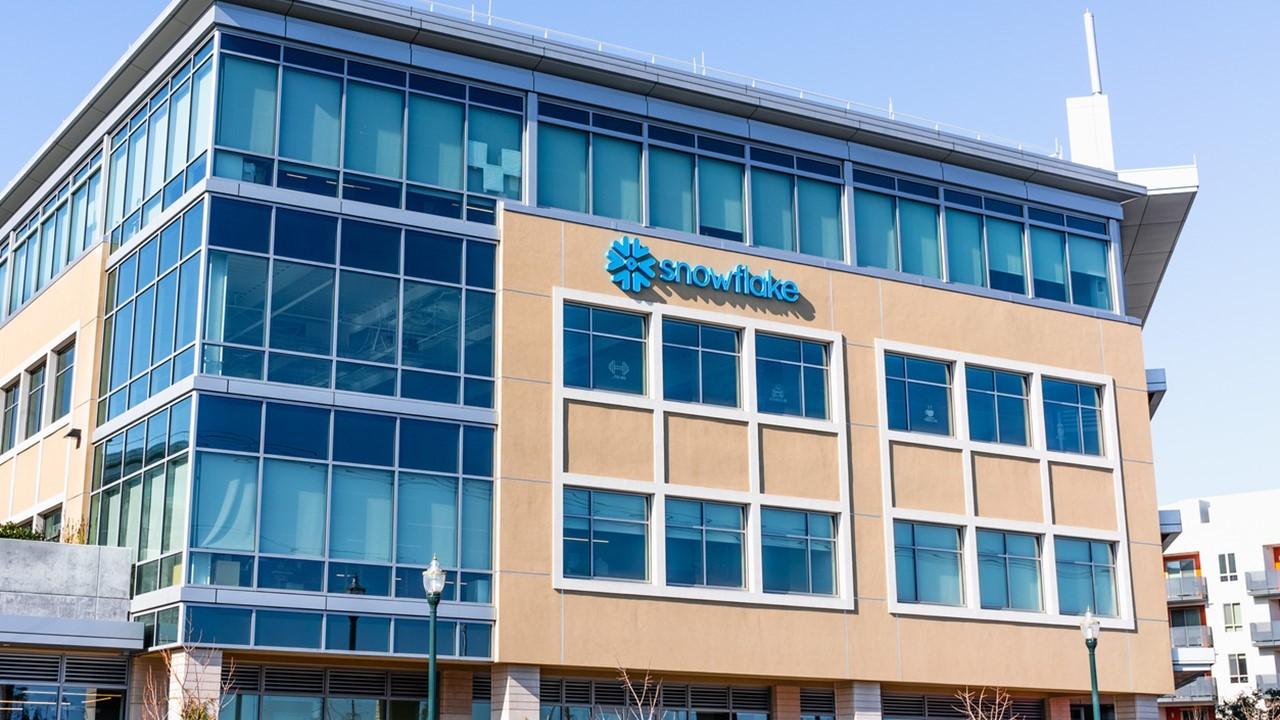Biggest IPOs of All Time and How Investors Can Benefit
What are the biggest IPOs of all time? Amid the IPO boom this year, how can investors benefit from future listings?
Dec. 8 2020, Published 7:47 a.m. ET

IPOs create new opportunities for investors and traders. Also, IPOs give corporations a chance to raise additional money. What are the biggest IPOs of all time? How can investors benefit from future listings?
The IPO market is slowly recovering after its COVID-19 slump. Earlier this year, Palantir, Snowflake, and Unity Software all went public. Airbnb and DoorDash are expected to debut later this year.

Alibaba is the biggest IPO of all time
Alibaba is the biggest IPO of all time in the U.S. In September 2014, the China-based diversified online e-commerce company went public at a whopping $21.8 billion. The shares floated at a record high of $68. The huge demand from investors drove the stock price to $97.70 within a day. Alibaba stock surged from $86 in December 2016 to $264 in December 2020 due to higher demand for online services. The other biggest IPOs of all time are Visa, Facebook, and General Motors.
How is the IPO price determined?
In a traditional IPO, new shares of the company are generated and are underwritten by an intermediary. The underwriter works with the company going public throughout the IPO process. The underwriter helps with regulatory requirements and determining the initial offer price of the shares. Also, the underwriter buys the available shares from the company going public and then sells them to investors through their distribution network.
The underwriter’s distribution network is comprised of investment banks, mutual funds, broker-dealers, and insurance companies. Before the IPO, the company and its underwriters conduct roadshows to sell the stock to institutional investors. Gauging the interest received from network participants helps the company and its underwriters to set an initial price and date for the stock to start trading. The underwriters charge a commission for their work.

What was Tesla's IPO price?
In June 2010, Tesla launched its IPO on the Nasdaq exchange. The company offered 13.3 million shares at a price of $17 per share, which was higher than its expected range of $14–$16. The electric car company raised about $226 million in its IPO. On the day of its IPO, Tesla stock surged by about 41 percent and closed at $23.89. On Dec. 7, Tesla stock closed at $641.76. The shares of the electric vehicle maker have risen by 3,675 percent since the close of its first day as a public company.
Tesla stock has had several ups and downs along the way. The stock dropped by about 30 percent in the month after August 7, 2018, when Elon Musk said he had secured funding to take the company private. The SEC charged Musk with misleading the general public. Individually, Musk and Tesla paid a $20 million fine to settle the suit.
Tesla stock has been on a rally since early 2020 when the company got its factory in China up and running. The company also started manufacturing the Model Y at its original U.S. car plant in California.
What was Amazon's IPO price?
In May 1997, Amazon launched its IPO on the Nasdaq exchange. The company offered 3 million shares at a price of $18 per share. The technology company raised about $54 million in its IPO. On the day of its IPO, Amazon stock surged by about 30 percent and closed at $23.50. On Dec. 7, Amazon stock closed at $3,158. The shares of the e-commerce company have risen by 17,444 percent since the close of its first day as a public company.
